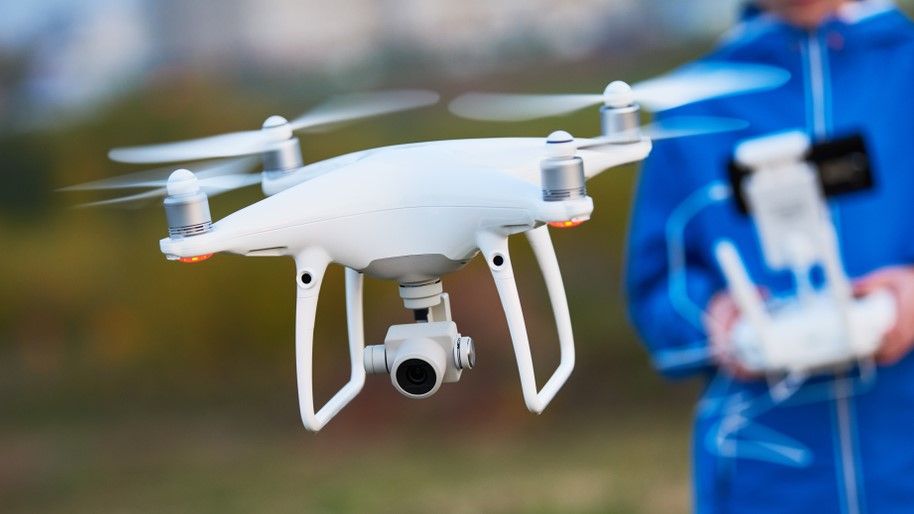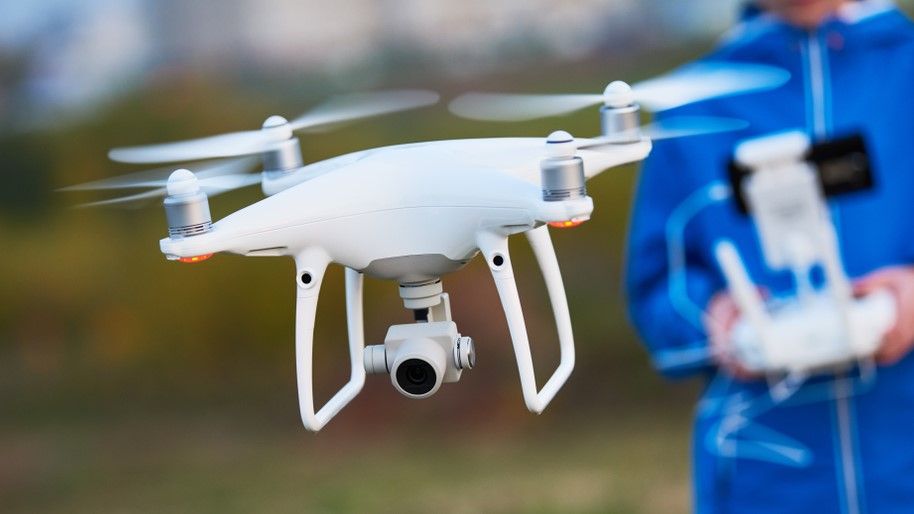
Unlike other countries, flying drones in India has been sort of taboo, mostly due to unclear government policies as well as concerns around privacy. While flying non-military unmanned aerial vehicles or drones is legal in most other countries and the market size is estimated to be over $100 billion globally this year, India’s restrictive policies have meant that the lucrative segment has largely stayed dormant.
Things only changed with the recent pandemic outbreak when law enforcement agencies used drones for surveillance, announcements and monitoring situations remotely. Even reports of healthcare workers using drones for providing medical aid made most wonder why can’t there be clearer laws in the country that allow using this extremely helpful piece of technology in serving the masses.
This, however, may change soon as DGCA, India’s civil aviation regulator, has given the nod to a consortium of 13 different companies called as Clearsky Flight Consortium, to begin testing beyond visual line of sight (BVLOS) drones for deliveries. Some of the key companies in this group are hyperlocal delivery brands like Zomato, Swiggy, and Dunzo apart from Spicejet and Asteria Aerospace.
Does this mean that your next Zomato order may come flying in?
No. Not right now. To set the expectations straight, this is just the start of a testing phase and these companies are going to carry out tests to check if the drones are able to carry payloads or conduct aerial surveys of vast areas of land, starting the first week of July.
DDCA sees this experimental project as a step in understanding the basic requisites for flying drones outside of the visual line of sight before announcing the actual regulatory policies around this. The trial plan is for two months where DDCA has allowed the companies to test out various activities in a 20 km airspace that is isolated from air traffic and is not densely populated.
As per this report, companies like Asteria Aerospace will be using this opportunity for conducting long-distance aerial surveys of pipelines, railways and roadways while hyperlocal delivery companies may use this opportunity to test out feasibility for drone-based deliveries.
To recall, Zomato has already done a trial run of drone-based delivery in 2019 when its drones delivered a payload of around 5 kgs and covered a distance of 5 Kilometres in just 10 minutes.
While it can be considered a first step, drone-based deliveries are still a distant dream for a country like India where it has taken over a year, after the plans to allow experimental long-range drone flights, even to initiate the trials.
